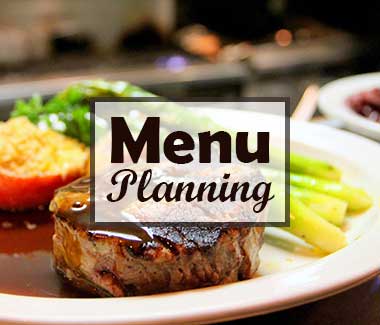hindu dining etiquette
prohibited food & drink
- Meat
- Fish
- Poultry
- Eggs
Although some Hindus may occasionally eat meat, almost all avoid beef. In addition, strict practitioners also abstain from:
- Garlic
- Onions
- Mushrooms that
- Any alcohol
- Tea and coffee (obtaining caffeine)
food laws and beliefs
According to Vedic (Hindu scripture) texts, one should offer all food as a sacrifice to God: “...All that you do, all that you eat, all that you offer and give away, as well as all austerities that you may perform, should be done as an offering unto Me.” (Bhagavad-gita 9.27)
The Gita specifies exactly what should be offered: “If one offers Me with love and devotion a leaf, a flower, a fruit, or water, I will accept it.” (9.26) There are other references in the Vedic literature confirming that fruits, vegetables, grain, nuts and dairy products are fit for human consumption.
Food plays an important role in worship, and the food offered to God (prasada) is thought to bestow considerable religious merit, purifying body, mind and spirit. Taking prasada that has been cooked and offered with devotion inclines the mind towards spirituality. Many Hindus have an altar at home and offer their food before eating.
Meat, fish, poultry, and eggs as they are usually considered tamasic (influenced by ignorance) and are not sanctioned by either the scriptures or saints.
Almost all Hindus avoid beef out of respect for the cow.
Alcohol, tea and coffee are said to pollute one’s consciousness, making the practice of meditation difficult.
Mushrooms are thought to take on the quality of ignorance, while garlic and onions take on the quality of rajas (passion).
vegetarianism
Most Hindus follow a balanced vegetarian diet.
In the Mahabharata it explains “meat-eating has a negative influence on existence, causing ignorance and disease.” It explains, “a healthy vegetarian diet is sattvic, i.e., under the influence of goodness, able to increase purity of consciousness and longevity.”
feasts and fasting
Over 18 major holidays in the Hindu calendar are feast days (dates vary according to the lunar calendar), including
- Holi,
- Ramnavamni,
- Dusshera,
- Pongal,
- Janmashtami, and
- Diwali.
Personal feast days include the anniversaries of birthdays, marriages, and deaths.
Fasting is also common, dependent on a person's social standing (caste), family, age, gender, and degree of orthodoxy. Fasting can be complete, eating "purer" foods, adopting a completely vegetarian diet or it can be abstaining from favourite foods.
Common fast days include
Some Hindus also fast on the anniversaries of the deaths of their mothers and fathers.
Hindus fast as a way to enhance concentration during meditation or worship or as purification for the system.


